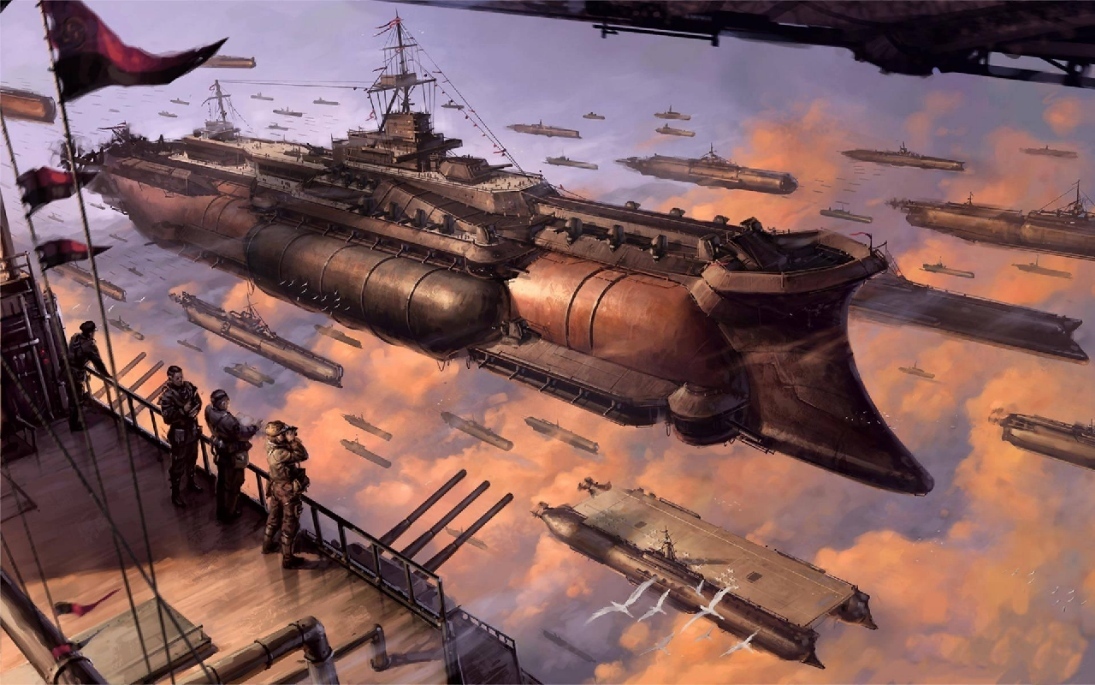

This is a third bottleneck, earlier than the 2 we already knew about.
Specifically, this affects the entire human population.
The other 2 bottlenecks were specifically the humans which moved out of Africa - with one being as humans crossed into the Middle East and a second as humans crossed the Bering Strait.
This third one was earlier, and covers all humans, even the ones which never left Africa. These are separate from the more localized “founder events” that we see all over the world.





Might’ve been financed on credit - but even still, it takes a lot more than $12k for a down payment.
Assuming the median price for a home is $500k, you’d need $100k for a traditional 20% down payment. Sure, $12k is 12% of the way there… but it’s nowhere near what is needed for an actual down payment.